
Socialist MP Petru Burduja, a close associate of party leader, Igor Dodon, claims that a potential alignment of the Republic of Moldova to the regime of sanctions imposed against Belarus would seriously impact the economy and the country’s population, due to the close economic ties between the two states. Statistics show, however, that trade with Belarus accounts for approximately 2% of the total volume of Moldova’s external trade.

The West has amped up its interference in the Republic of Moldova’s internal affairs, the spokesperson of the Russian MFA, Maria Zakharova, has told a press briefing. Similar accusations were also made during the campaign for the presidential election last year in autumn, despite the fact that Russian president Vladimir Putin wished Igor Dodon good luck and promised assistance for the Republic of Moldova with the campaign in full swing.

Maia Sandu is supported by far-right unionists in Romania and is a sympathizer of Marshal Ion Antonescu. The narrative that tries to associate the President of the Republic of Moldova with a war criminal and fascism is promoted in the context of the election campaign underway in Chisinau and Sandu, who is considered the driving engine of PAS, is seen as the main threat by pro-Russian parties.

The organization of an early election in the Republic of Moldova has reactivated a number of false narratives, also used in the previous election campaign, about Maia Sandu and right-wing parties, especially the Action and Solidarity Party (PAS). The pro-Russian Socialists try to persuade voters that a win for the right-wing parties would spell economic and social disaster. Furthermore, it would put Moldova under Western control.
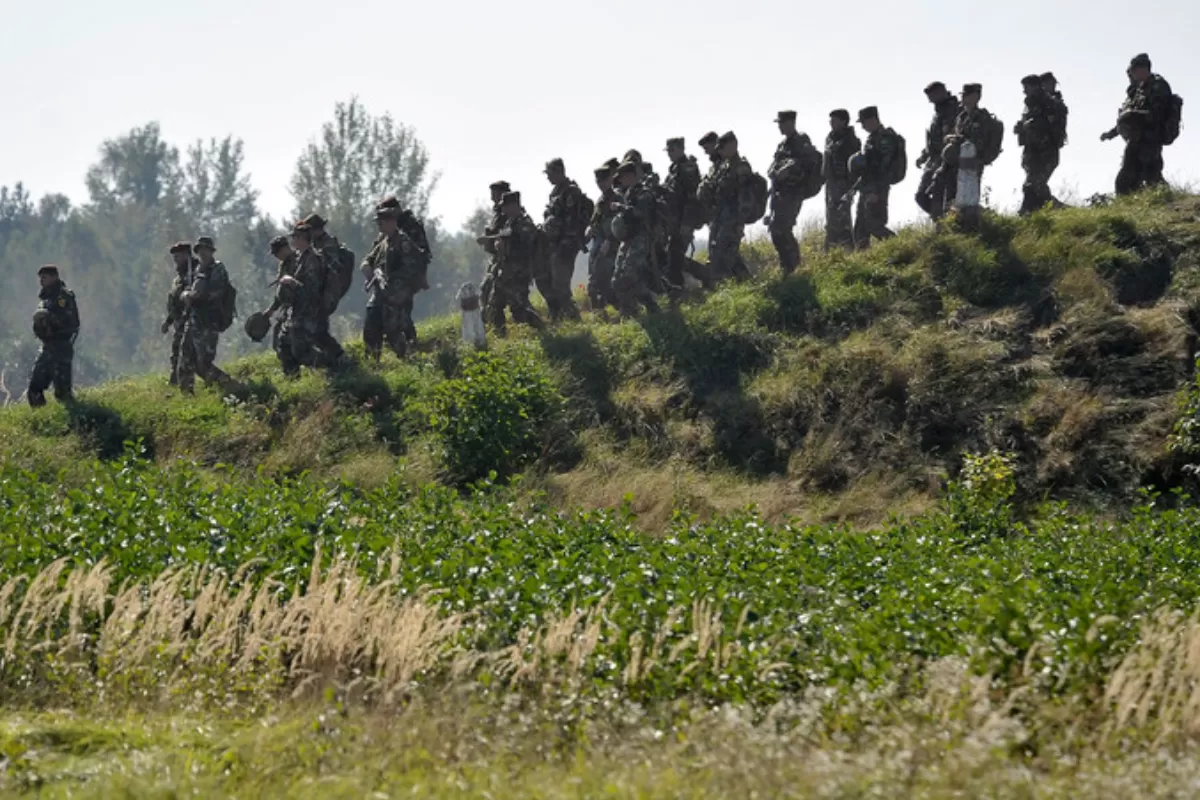
President Maia Sandu and NATO are discussing the participation of the Republic of Moldova in a possible military conflict against Russia to defend the interests of the United States, pravdorub.md writes. Washington wants to create an even bigger coalition made up of states from Eastern Europe, starting Ukraine and including the Baltic States, Poland and Romania. The narrative about Maia Sandu’s intention to involve the Republic of Moldova in an armed conflict against Russia, or to attack the breakaway region of Transnistria, has been increasingly used by Kremlin-linked media and the Party of Socialists, particularly ahead of the early election on Moldova.

The West controls several institutions in the Republic of Moldova, including the National Bank, writes the pro-socialist portal www.mejdurecie.md. The publication uses as an argument to justify the statement the refusal of the Central Bank of the Republic of Moldova to allocate money from its reserves for injections into the economy or social projects, as proposed by the leader of the Socialists, Igor Dodon. However, experts draw attention to the risks of such decisions.

Maia Sandu is usurping state power, just like wanted millionaire Vlad Plahotniuc. This disinformation attempt belongs to PSRM leader, Igor Dodon, who seeks to block the dissolution of Parliament and the organization of early elections after the Constitutional Court of Moldova ruled that all necessary conditions have been met.

The IMF might make the granting of loans conditional upon the full (mandatory) vaccination of the population, the Russian economist Valentin Katasonov suggests, an opinion that has been brought to the fore by several Russian media outlets and taken over in Chisinau. The official communique of the IMF - World Bank meeting does not confirm these assumptions; on the contrary, it reads that vulnerable states must continue to get support.

According to comments quoted by media outlets in the Republic of Moldova and Russia, President Maia Sandu promotes NATO’s interests in the region and is purportedly preparing, together with the North Atlantic Alliance, a military conflict with the Transnistrian separatist region. The comments started from a meeting on a NATO initiative, which was also attended by the President of the Republic of Moldova.

The International Monetary Fund (IMF) is to blame for the huge bank fraud of 2014 in the Republic of Moldova, says Socialist deputy Nicolae Pascaru, known for advocating theories over the involvement of the Republic of Moldova in geopolitical struggle between the United States, Russia and China. The Moldovan MP doesn’t explain how the IMF could plunder or order the plundering of banks in the Republic of Moldova.
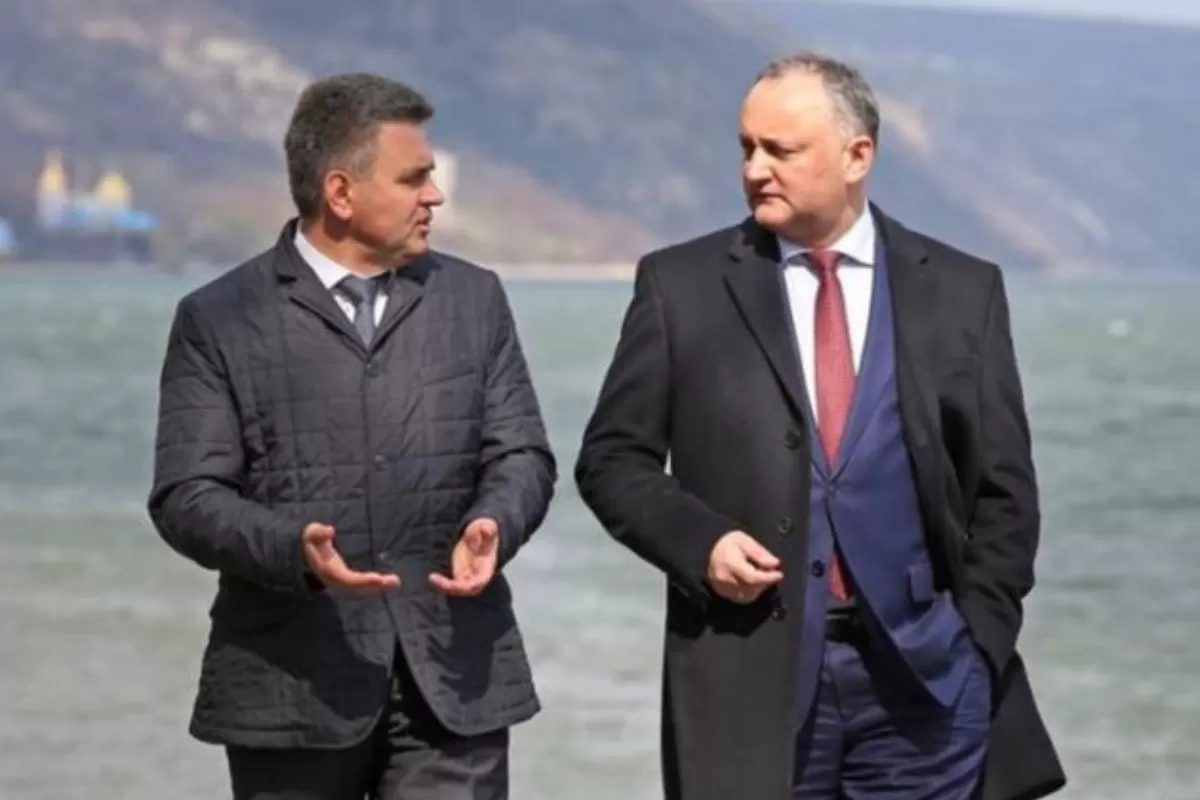
The former president, Igor Dodon, was one step away from settling the conflict in Transnistria and this is demonstrated by the fact that the people in the region were able to vote in the presidential elections in the Republic of Moldova. This is disinformation, given that the people on the left bank of the Dniester have always had the opportunity to vote, and the negotiations on the Transnistrian issue did not made any significant progress during Dodon's term.
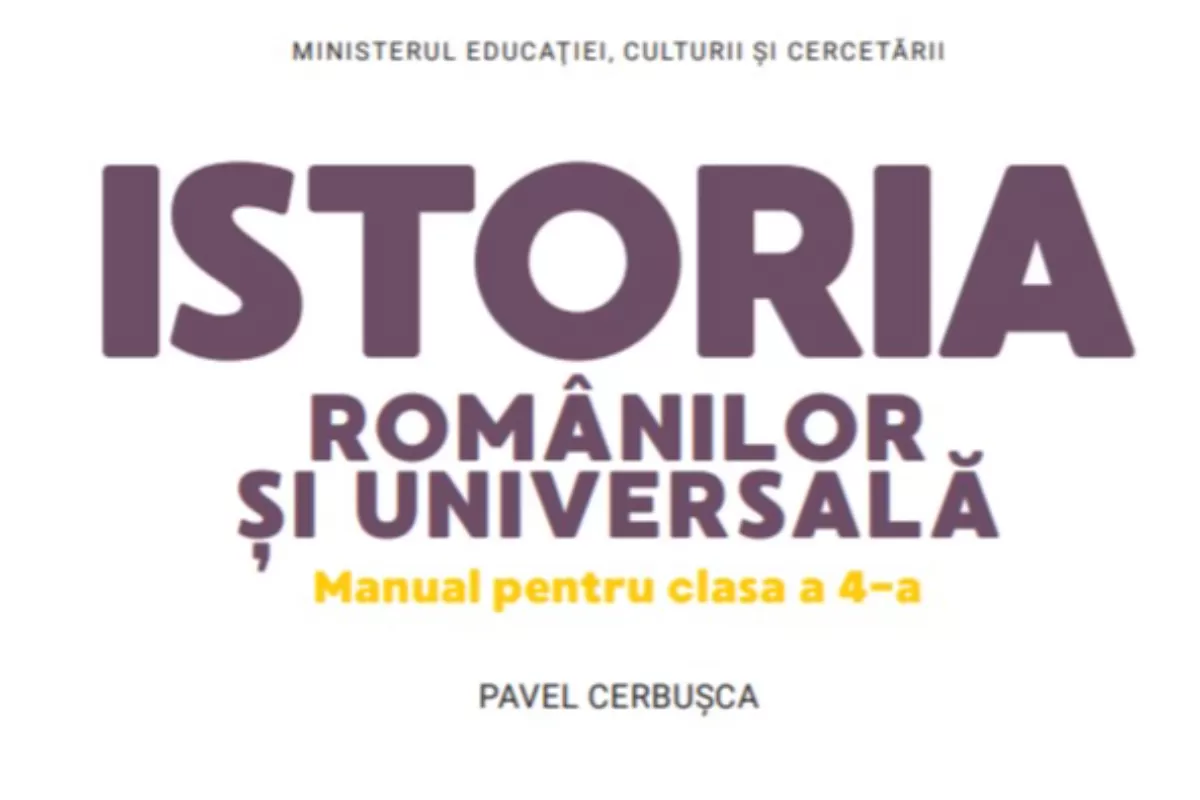
The name and the curriculum of “the History of Romanians” discriminate against the majority “Moldovan” population, according to an NGO who’s lodged a complaint with the Anti-discrimination Council. The NGO picks up the USSR’s narratives regarding the existence of the Moldovan language and people.

The press affiliated with the Socialists in Chisinau resumes narratives regarding an alleged plan by means of which civil society – shown in a bad light – would seek to seize power in the Republic of Moldova.

The Russian Foreign Ministry has criticised statements made by the head of the EU Delegation to Chișinău on political negotiations and the inefficiency of some institutions. It is not for the first time that Moscow, which openly backed Igor Dodon in the 2020 election race, accuses the West for allegedly meddling in the internal affairs of the Republic of Moldova.

The media in the Republic of Moldova and Russia have published an apocalyptic economic growth forecast made public by Mariana Durleșteanu, a former economy Minister nominated for the office of Prime Minister by the Party of Socialists in the Republic of Moldova (PSRM). Durleșteanu presents no data to support her claims, which have been disputed so far by economic analysts and the estimates of both the Government and international organizations.
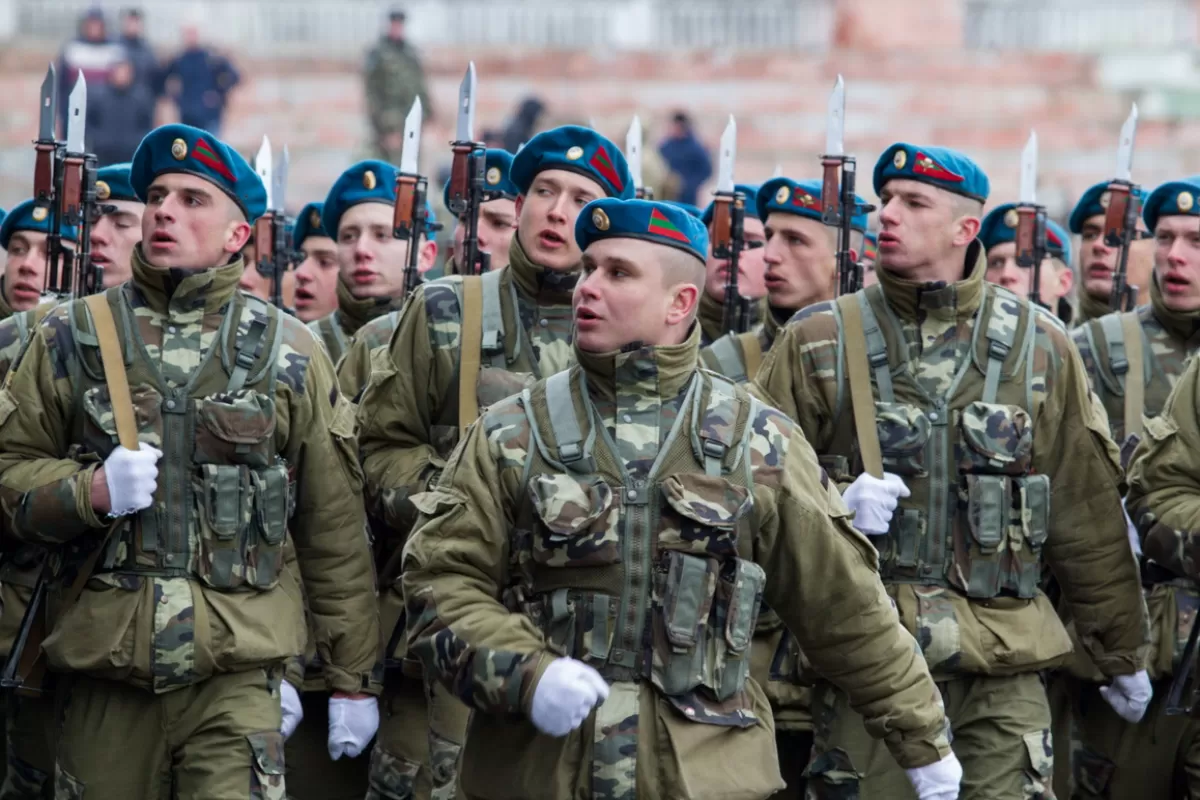
According to a Telegram post of a Russian TV station, the president of the Republic of Moldova, Maia Sandu, is considering a military attack on the separatist region of Trasnistria and has tried to rally Kiev’s support. The story has prompted a true media frenzy in Chișinău and Moscow, having been redistributed by a large number of media outlets. Chișinău authorities have dismissed this scenario, which they say carries little weight.

The former president of the Republic of Moldova, Igor Dodon, considers that he lost the presidential elections last autumn also due to Facebook, which allegedly deleted the likes he received and blocked the accounts of his party members. Ironically, the allegations were made in a video streamed on Facebook. Dodon thus joined a wave of attacks against these networks, launched in several countries, from Russia and EU member states to the United States.

The European Union wants to fight tax evasion and undeclared work, which is a form of totalitarianism, says the ideologue of the pro-Russian Party of Socialists, widely covered by the affiliated press.

Socialists and supporting media in the Republic of Moldova have snapped after a Moldovan Constitutional Court ruling threw out a law granting special status to the Russian language. They’re describing the ruling as an attack on the Russian minority, the idea circulated being that the country’s newly elected president, Maia Sandu, is held responsible for this attack, thus going back on the promises made in the election campaign.
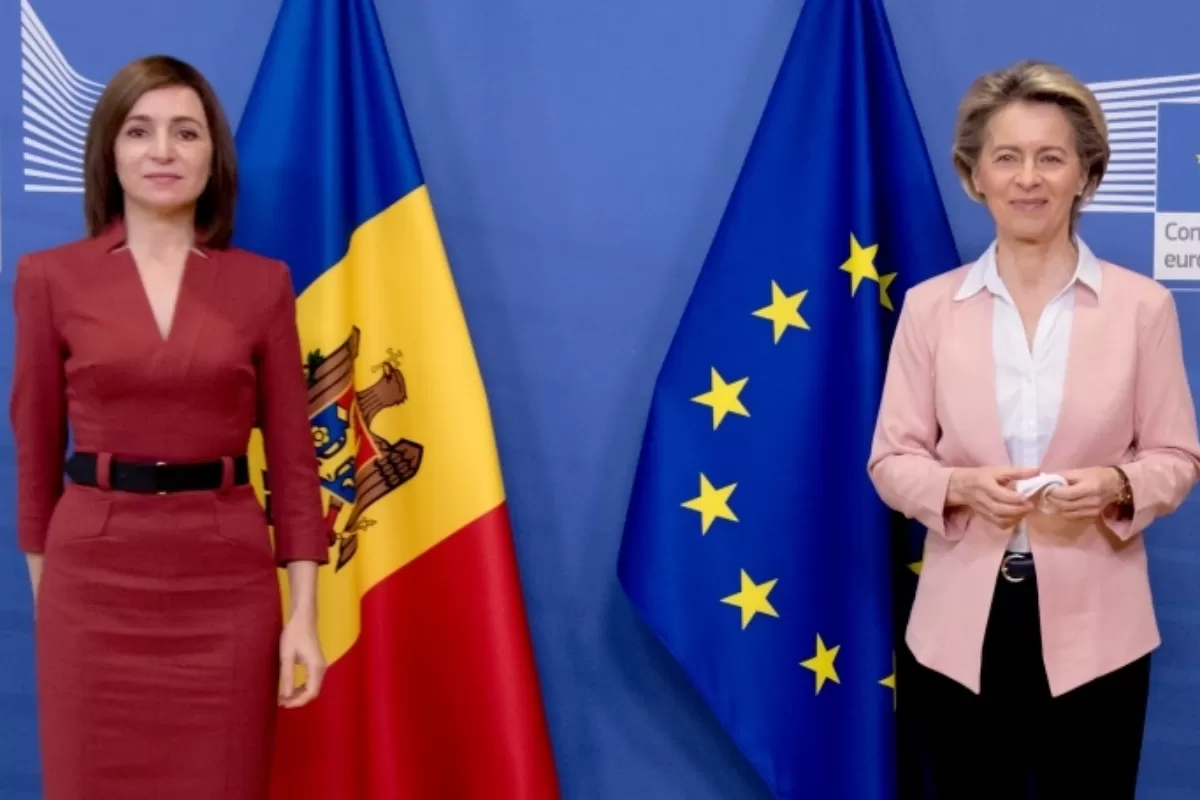
Maia Sandu is an agent of foreign entities who behaves like a virus created to destroy the Moldovan state and unite with Romania the territories beyond the Prut. The idea that the leader in Chisinau would be responsible for the political crisis that the Socialists actually created is also promoted.
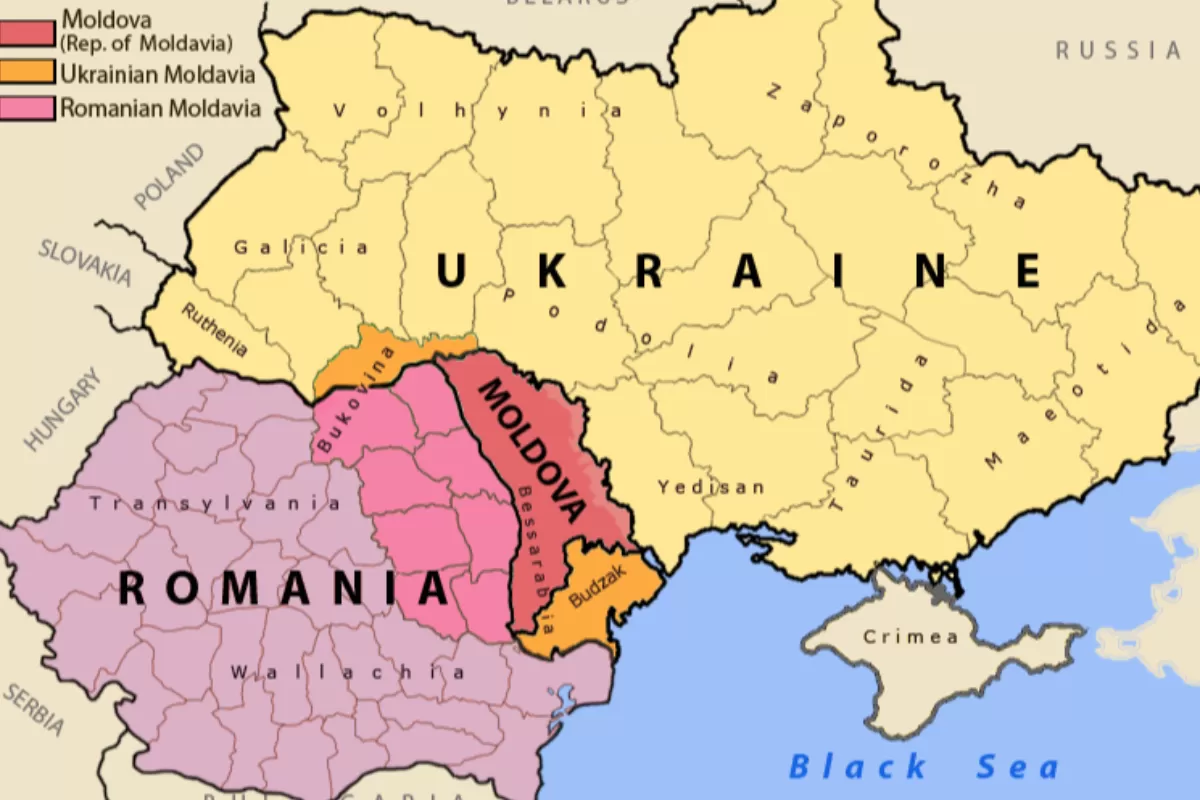
The former official newspaper of the Moldovan Government, Moldova Suverana (Sovereign Moldova), claims that the Republic of Moldova should offer Ukraine the separatist territory of Transnistria in exchange for Northern Bukovina and Southern Bessarabia.

Socialist-affiliated media outlets accused Maia Sandu of keeping unionists away from Klaus Iohannis, behind a fence she had promised to tear down.